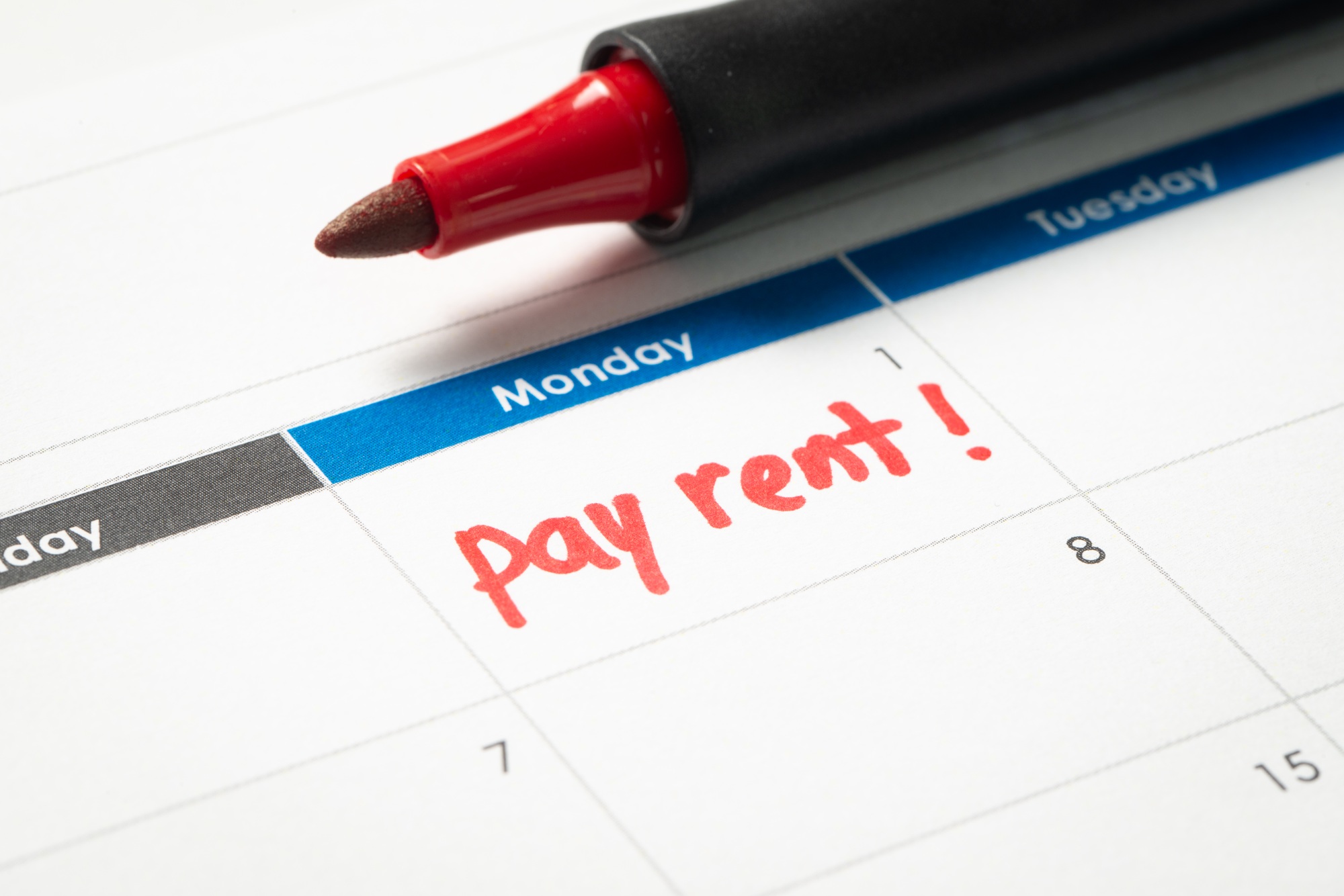Demand for rental properties has surged in urban areas, driven by an influx of new residents seeking work in vibrant economies. However, with the rise of housing costs, many tenants find themselves grappling with the challenge of managing expenses while living in high-rent environments. This article explores effective strategies for saving money in the face of escalating rental prices.
Understanding the Rental Landscape
In recent years, cities across the United States have experienced significant increases in rental rates. According to the National Multifamily Housing Council, the average rent for a one-bedroom apartment rose by approximately 6.4% in 2023 alone, surpassing pre-pandemic levels. This trend is not isolated to major cities; suburban areas are also witnessing similar spikes as remote work options allow residents to relocate.
With affordable housing options dwindling, many individuals and families are forced to allocate a larger portion of their income towards rent—often exceeding the recommended 30% threshold. Consequently, renters must explore innovative methods for cost management and financial stability in these challenging circumstances.
Market Impact
The current rental market is influenced by various factors, including a limited housing supply, changing demographics, and increased demand. The U.S. Census Bureau reported a 33% increase in new household formations in 2023 compared to the previous year, further intensifying competition for available units. Economic pressures, such as inflation and rising interest rates, have also pushed potential homebuyers into the rental market, contributing to the upward pressure on rents.
Furthermore, the ongoing inflationary environment has exacerbated the financial strain on renters, as prices for everyday necessities including groceries and gasoline have surged. As a result, careful budgeting and resource allocation are paramount for individuals struggling to meet their rental obligations.
Expert Opinion
Financial advisors emphasize the importance of a multifaceted approach to managing housing costs. Carlos Ramirez, a certified financial planner in New York, recommends thorough analysis of personal finances to identify areas for potential savings. “Renters should track their spending meticulously to pinpoint unnecessary expenses and prioritize essential categories,” he states. This, in turn, can free up additional funds for rent or savings.
Additionally, Ramirez suggests negotiating with landlords, particularly in markets where vacancy rates are higher. “It’s worth asking for a rent reduction or considering longer lease terms in exchange for stability,” he advises. Flexible landlords may be open to accommodating requests, especially when faced with the possibility of prolonged vacancies.
Practical Strategies for Renters
There are numerous practical strategies that renters can employ to mitigate the impact of high rents while maximizing their cash flow. One effective option is to consider shared living arrangements. By splitting rent and utilities with roommates, individuals can significantly decrease their monthly housing expenses.
Another strategy involves taking advantage of local housing assistance programs. Many municipalities offer rental aid for low-to-moderate-income families, providing financial support that can alleviate some of the burden associated with high rental costs. Prospective renters should research available resources in their areas and apply for assistance if eligible.
Moreover, individuals may explore alternative rental options, such as subletting or negotiating short-term leases. As more property owners adapt to the changing rental landscape, tenants may find flexibility that meets their financial needs without compromising their living standards.
What’s Next
As the rental landscape continues to evolve, it remains crucial for tenants to stay informed about market trends and financial alternatives. Experts predict that while the pace of rent increases may moderate in the coming months, sustained demand will likely continue to influence rental rates into 2024.
Renters should prioritize financial literacy and explore various methods to save money in an increasingly competitive market. By being proactive and resourceful, individuals can navigate high rental costs while working towards personal financial goals.
In conclusion, high rents pose undeniable challenges for many tenants, yet with strategic planning and informed decisions, it is possible to maintain financial health and stability in a fluctuating market. By utilizing a combination of expert advice and practical approaches, renters can emerge resilient even amidst a demanding housing environment.







